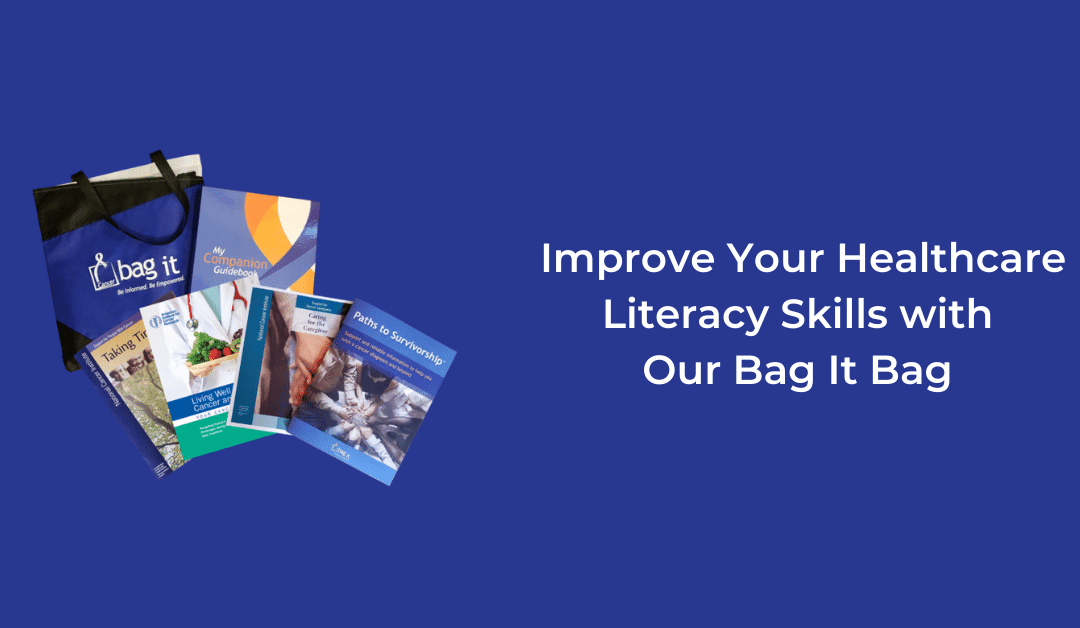
How Would You Rate Your Healthcare Literacy Skills?
 October is Health Literacy Month. A study by Health & Human Services Office of the Surgeon General showed that only about 12% of Americans have proficient health literacy skills. Unfortunately, many adults lack good knowledge about their medical condition and treatment, and don’t know how to get information that is presented in a way they can understand. People report having difficulty completing medical forms and relaying important details to their doctor about their health. They may not be able to accurately read directions to take their medicines as prescribed. Each of these common situations can be linked to poor health outcomes.
October is Health Literacy Month. A study by Health & Human Services Office of the Surgeon General showed that only about 12% of Americans have proficient health literacy skills. Unfortunately, many adults lack good knowledge about their medical condition and treatment, and don’t know how to get information that is presented in a way they can understand. People report having difficulty completing medical forms and relaying important details to their doctor about their health. They may not be able to accurately read directions to take their medicines as prescribed. Each of these common situations can be linked to poor health outcomes.
Bag It Cancer is committed to expanding health literacy for all populations. Our Bag It Bag is all about making sure that anyone with cancer can find, understand and use reliable information to make decisions about their health and guide them through a complex cancer care system.
For nearly 20 years we have worked with healthcare providers who make it a practice to give Bag It Bags to their patients at diagnosis. Having a bag of printed, clear, easy to understand materials from trustworthy cancer organizations, with customizable tools to make it their own, helps people get involved in their care and feel a bit more in control.
Let’s Start with The Basics in The Bag
- My Healthcare Team. Knowing who is on your healthcare team and what their role is points you in the right direction for your questions or other assistance.
- Cancer Words. There’s a short list of definitions for common cancer words, including cancer treatments, that you may not be familiar with but need to know.
- Lists of Questions to Ask. Asking the right questions at the right time helps you to get the info you need about your care and other areas of your life affected by a cancer diagnosis.
- Making Treatment Decisions. The bag walks you through what to consider as you make decisions about your treatment and care, including sources for more information about your cancer type and life situations.
- There’s a Lot to Keep Track of…medical records, appointments, business cards, questions and notes for the doctor, and lots and lots of paperwork. My Companion Guidebook has places for everything plus checklists to simplify the steps.
- Easy Tips and Hacks to Use Like these:
- If you’re not sure you understand what is being said to you by your healthcare team, ask for it to be explained again in everyday language (and in your preferred language). Then repeat the information back to the person to make sure you got it right.
- Bring someone to your appointments to listen and write down the information, or ask permission to record the visit. This will help to ensure accuracy and saves you from trying to remember everything that is said to you. Another idea is to ask for the information to be given to you in writing (and in your preferred language) so you can read it again at home.

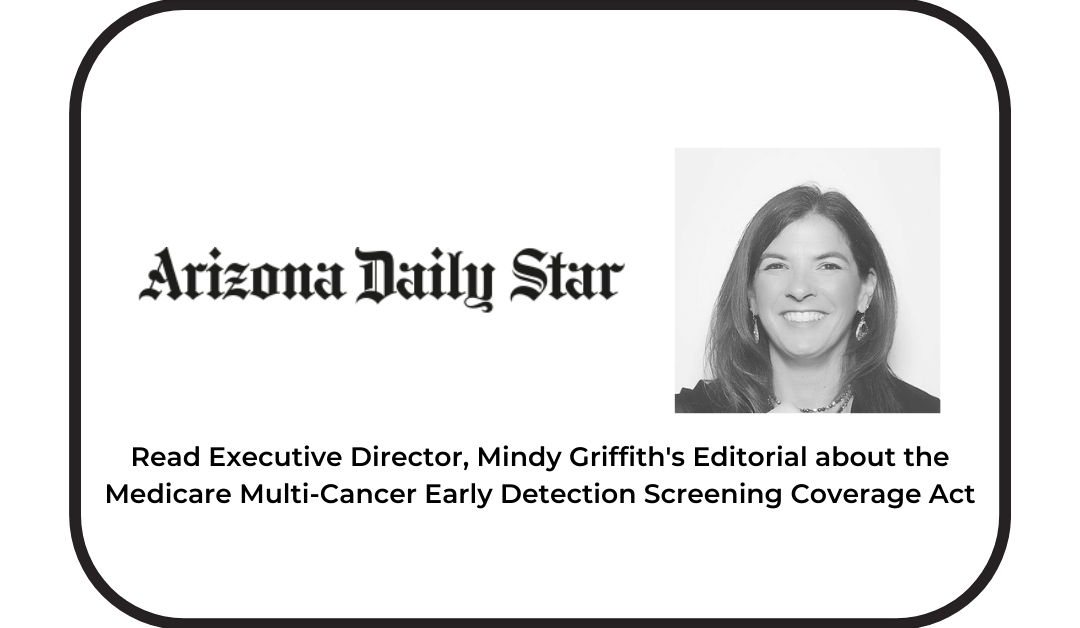
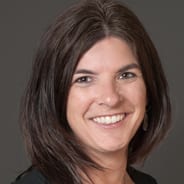 Bag It Cancer’s Executive Director Mindy Griffith’s editorial about the forward movement of the Medicare Multi-Cancer Early Detection Screening Coverage Act is featured in the Arizona Daily Star on October 6, 2022. In it, she praises the seven bipartisan members of the U.S. House–including two members from Arizona’s Congressional leadership–for endorsing this impactful legislation that would ensure Medicare is able to provide coverage for early cancer detection tools.
Bag It Cancer’s Executive Director Mindy Griffith’s editorial about the forward movement of the Medicare Multi-Cancer Early Detection Screening Coverage Act is featured in the Arizona Daily Star on October 6, 2022. In it, she praises the seven bipartisan members of the U.S. House–including two members from Arizona’s Congressional leadership–for endorsing this impactful legislation that would ensure Medicare is able to provide coverage for early cancer detection tools.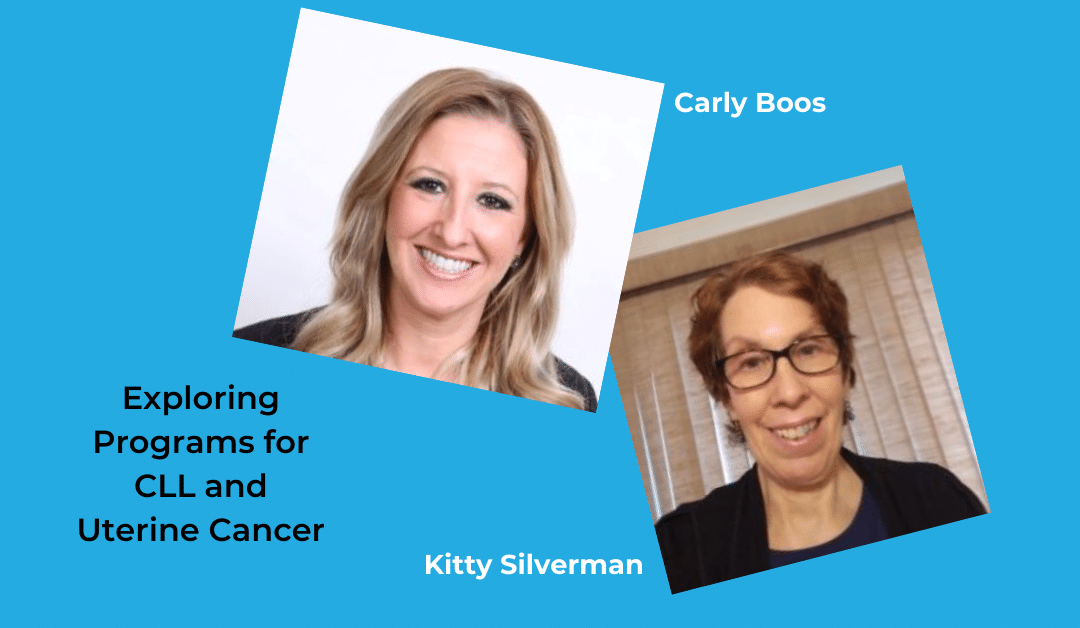
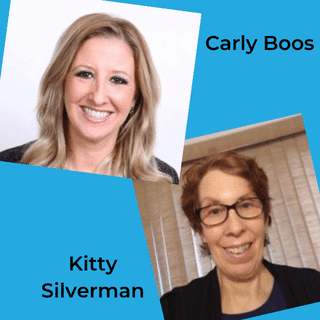
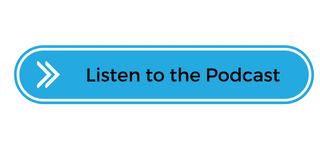
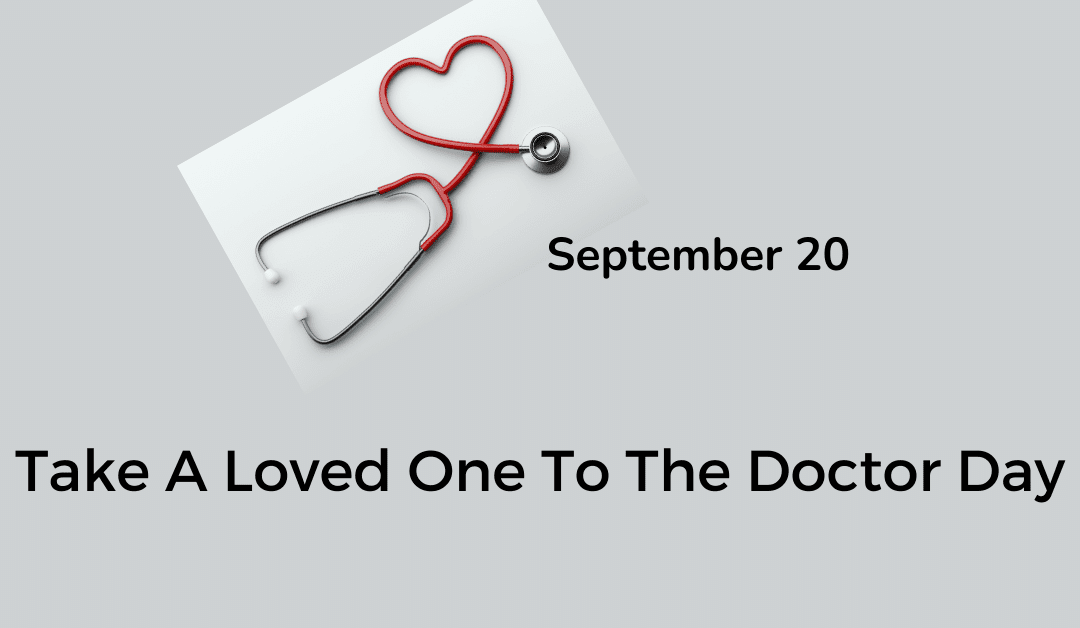
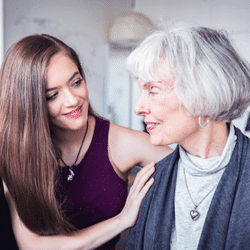
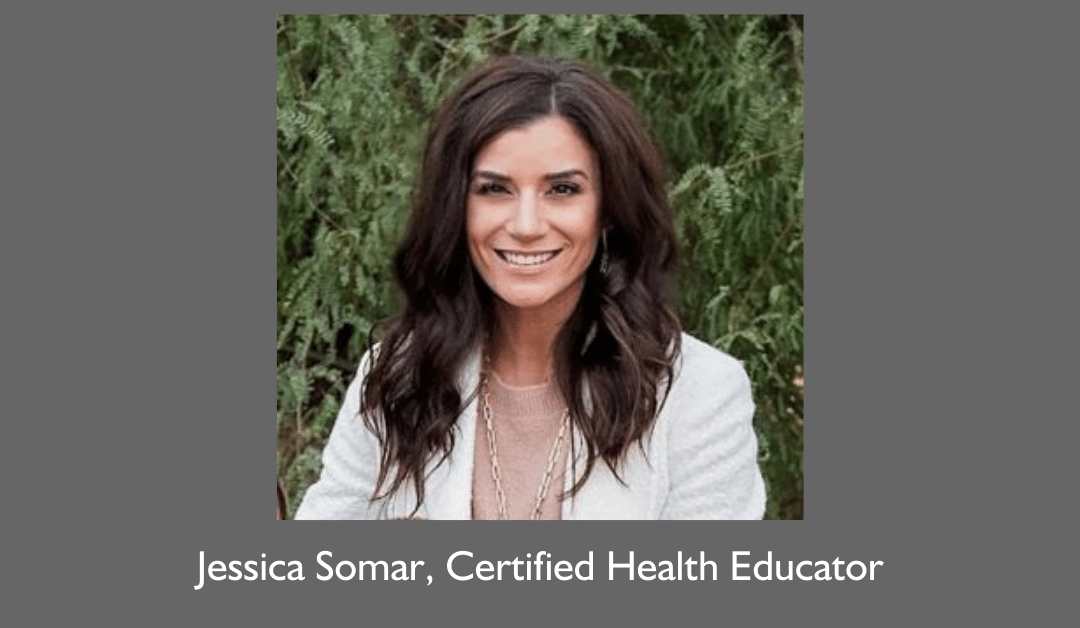
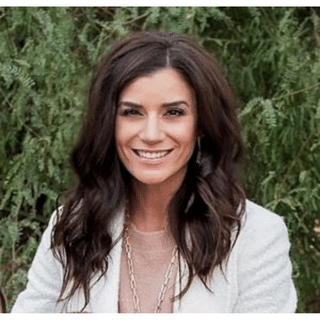
Recent Comments